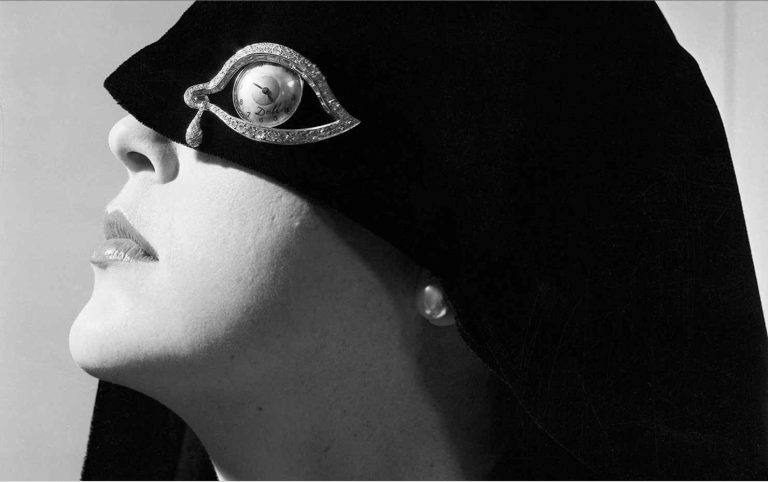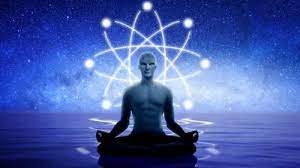Why Does Denial Bring Us to the Edge of Destiny?

Many of us have experienced, often unintentionally, denying certain realities of life: wounds we ignore, desires we don’t accept, or unresolved knots that linger. But did you know that these denied aspects of the mind, sooner or later, reappear as fate or as unwanted repetitive patterns in our lives?
This bitter but enlightening fact is the subject of this article: a scientific and psychological look at one of humanity’s most fundamental existential mechanisms—denial, and its impact on personal destiny.
1. Denial: A Defense Mechanism and the Unfortunate Trap of the Unconscious
Dr. Jung, the eminent psychoanalyst, says: “What we deny in our unconscious, appears in our lives as fate.” Why? Because our psyche, in an attempt to reduce anxiety and pain, sometimes banishes parts of reality (such as disturbing emotions or unresolved conflicts) to the unconscious. This may bring temporary relief, but the long-term cost is harmful; we are deprived of vital unconscious information essential for personal growth and problem-solving.
2. Faulty Loops in the Psychic System: From Dysfunctional Feedback to Repetitive Behaviors
In the science of complex systems, every living system needs honest and corrective feedback to survive. But when denial enters the picture, the feedback process is disrupted. Instead of correcting patterns, a person repeats them—often compulsively and unconsciously. In this state, control over destiny is lost, and one feels like a victim of circumstances or external forces. This inevitable fate, however, is the result of not accepting responsibility and ignoring inner truth.
3. The Brain: A Stubborn Learner of Cycles
From a neuroscience perspective, repeating a behavioral or thought pattern strengthens neural connections. If we’re in the habit of repression and denial, these neural pathways become strong and automatic; the mind is unconsciously drawn to the same choices and repetitions. This vicious cycle continues until we consciously and bravely embark on an inner journey and reconstruct our behavioral or thought patterns.
4. Denial, Irresponsibility, and Existential Meaning
In existential psychology, denial is a form of fleeing from the responsibility to change oneself. By attributing problems to “fate” or external factors and shifting our locus of control outward, we deprive ourselves of the opportunity to face pain and personal growth. In fact, this escape comes at the cost of losing self-awareness, satisfaction, and personal transformation.
Conclusion: The Way Out is the Courage to Accept and Encounter
Denial can be seen as the gateway to the brink of an inevitable destiny—but breaking this cycle requires the courage to face the hidden parts of our mind and to discover, accept, and integrate them. We need to see even the painful truths, move from repression to acceptance, and from irresponsibility to self-transformation; only then can we shape our inner freedom and conscious destiny.
Open-eyed dreaming begins with the courage to recognize what we have hidden.





